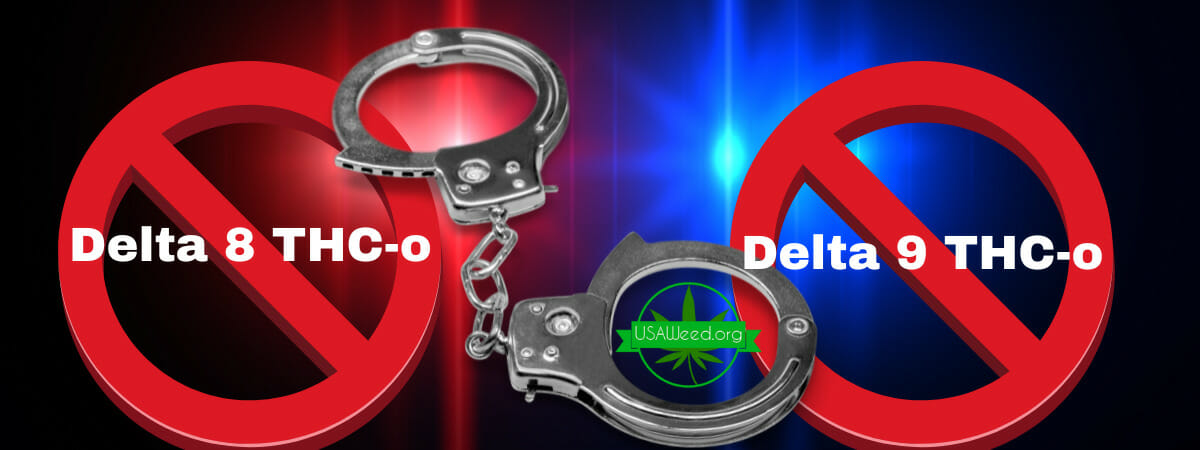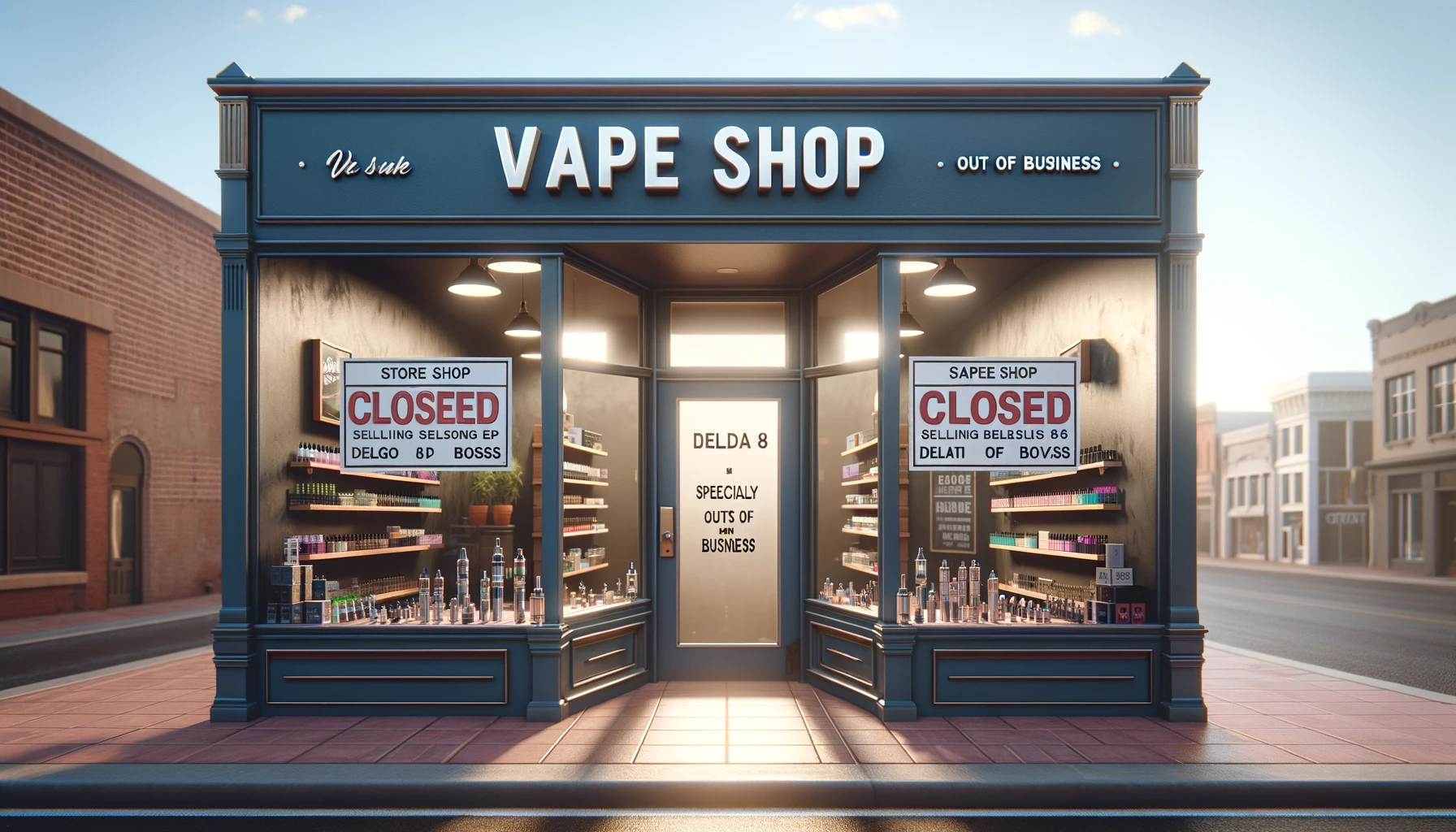Florida is going to make hemp derived products illegal! WTF is wrong with these people?!!!
In a decisive move that has stirred much debate, the Florida Senate recently passed a bill aimed at banning hemp-derived products containing delta-8 and delta-10 THC as reported in the Miami Herald. This legislative action has sparked a conversation about the complexities of regulating emerging cannabis compounds and the potential economic repercussions for local businesses.
The bill, designed to address concerns around the safety and regulation of these cannabinoids, reflects a broader trend of states grappling with how to manage the rapidly evolving cannabis industry. However, critics argue that the decision to ban rather than regulate these substances may be a short-sighted solution to a complex problem. The heart of the issue lies in the challenge of creating comprehensive regulations that ensure consumer safety without stifling innovation or economic growth.
Supporters of the ban express concerns about the psychoactive effects of delta-8 and delta-10 THC, substances that have become increasingly popular due to their legal ambiguity and availability. These compounds are synthesized from CBD derived from legal hemp, a process that has allowed them to occupy a gray area in the legal landscape of cannabis products.
However, the decision to outright ban these products raises questions about the state’s approach to cannabis regulation. Critics argue that a more nuanced approach, focusing on stringent quality control, accurate labeling, and age restrictions, could offer a safer and more effective solution. By choosing to ban these substances, Florida risks pushing these products into unregulated markets, potentially compromising consumer safety.
Moreover, the economic impact of such a ban cannot be overlooked. The burgeoning market for delta-8 and delta-10 THC products has provided a significant source of income for many local businesses. With approximately 5000 or more business owners potentially facing unemployment due to this legislation, the ripple effects on the state’s economy could be profound.
This move may not only disrupt lives but also eliminate jobs in a time when economic recovery remains a priority for many Floridians.
This situation underscores a broader dilemma faced by policymakers: balancing the need for public safety with the complexities of regulating a rapidly changing industry. The case of delta-8 and delta-10 THC in Florida exemplifies the difficulties of adapting legislation to keep pace with innovation in the cannabis sector. Rather than a blanket ban, a more measured approach that includes stakeholder engagement, research, and comprehensive regulation might provide a path forward that supports both public health and economic vitality.
As Florida and other states continue to navigate the intricate landscape of cannabis regulation, the debate over how to best manage these new compounds is likely to persist. The challenge lies not in the simplicity of prohibition but in the hard work of crafting legislation that addresses the nuances of cannabis products. By embracing regulation over restriction, states have the opportunity to foster a safer, more vibrant, and economically sustainable cannabis industry.

